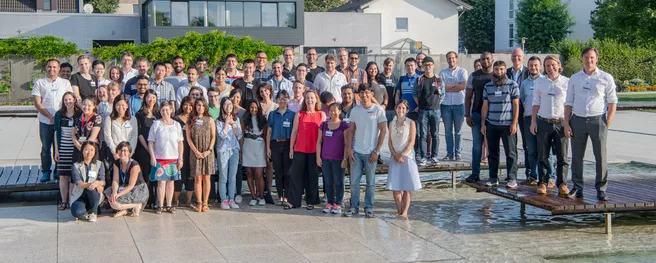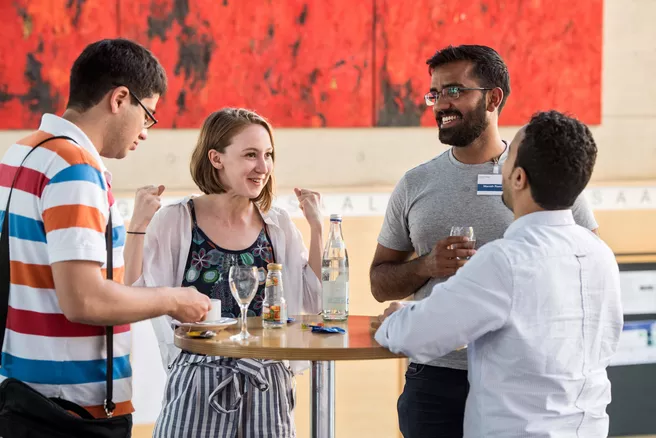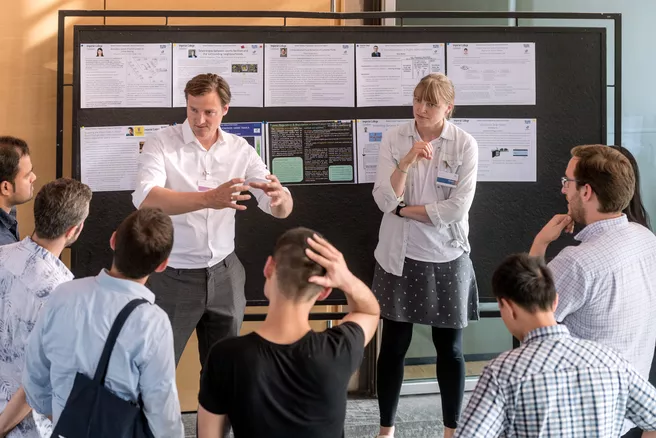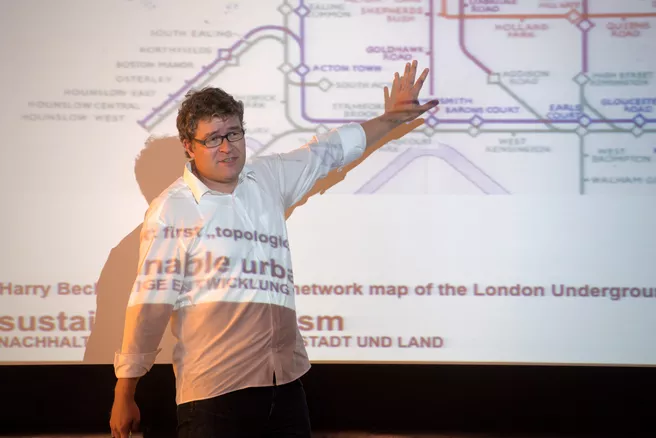Summer School in Raitenhaslach
TUM Graduate School and ICL jointly organized the first one-week Global Fellows Programme, a summer school on the "Cities of the Future" (17-21 July 2017). The event was open to doctoral candidates from all GlobalTech universities, an international alliance of technical universities.
The 50 participants came from GlobalTech member universities such as Georgia Tech (USA), the Indian Institute of Technology Bombay (India), Nanyang Technical University (Singapore), Shanghai Jiao Tong University (China), and the University of New South Wales (Australia).
In presentations, seminars, and workshops, participants discussed interdisciplinary solutions to the challenges that arise for urban planners and inhabitants of cities in the 21st century.
The young researchers were welcomed by Prof. Maggie Dallman (Associate Provost and Professor of Immunology, Imperial College London), Dr. Hannemor Keidel (Senior Vice President of International Alliances and Alumni, TUM) and Prof. Liqiu Meng (Chair of Cartography, Department of Civil, Geo and Environmental Engineering, TUM).
A host of highly renowned scholars provided their input to the lively debates:
- Prof. Mark Michaeli (Chair for Sustainable Urbanism, Department of Architecture, TUM)
- Prof. Thomas Auer (Chair of Building Technology and Climate Responsive Design, Department of Architecture, TUM)
- Prof. Björn W. Schuller (Reader (Associate Professor) in Machine Learning at Imperial College London/UK and Full Professor and Head of the Chair of Complex and Intelligent Systems at the University of Passau/Germany)
- Frank Eisenmann (Architect, Urban Planner, Lecturer, TUM)
Cities of the Future
Over half the world’s population now live in cities, and this is estimated to increase to 66% by 2050. Imagining cities of the future involves considering a wide range of issues and concepts from resource allocation to the integration of migrants, from promoting healthy living to providing healthcare, from ultra-connected homes and businesses to integrated driverless transport.
Furthermore, the impact of technologies, climate change and global events on urban living, infrastructure, landscape planning and socio-economic interactions offers exciting possibilities and tremendous challenges for the next generation of global researchers.
GlobalTech University Alliance
Founded in 2009, the Global Alliance of Technological Universities is a network of the world’s leading technological universities. As Germany’s foremost technical university TUM was admitted to the alliance in 2013 and has held the presidency since 2015.
The Alliance addresses global societal issues to which science and technology could offer solutions. These issues include biomedicine and health care, sustainability and global environmental change, security of energy, water and food supplies, security, and changing demographics.
Please visit the TUM International Center website for further information on the GlobalTech Alliance.



